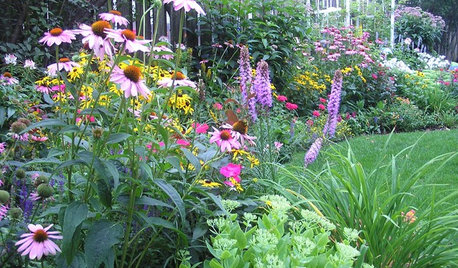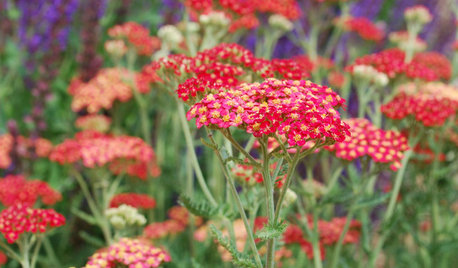Compost Tea and Chloramine
Nick Rose
10 years ago
Featured Answer
Sort by:Oldest
Comments (25)
TXEB
10 years agonil13
10 years agoRelated Professionals
Otsego Landscape Architects & Landscape Designers · Brookside Landscape Contractors · Coeur d'Alene Landscape Contractors · Farmington Landscape Contractors · Mastic Beach Landscape Contractors · Milford Mill Landscape Contractors · Miller Place Landscape Contractors · Morrisville Landscape Contractors · Soddy Daisy Landscape Contractors · Wheat Ridge Landscape Contractors · Ashland Decks, Patios & Outdoor Enclosures · Crystal Lake Decks, Patios & Outdoor Enclosures · Dracut Decks, Patios & Outdoor Enclosures · Harrisburg Decks, Patios & Outdoor Enclosures · New Lenox Decks, Patios & Outdoor EnclosuresTXEB
10 years agoNick Rose
10 years agoTXEB
10 years agoNick Rose
10 years agoTXEB
10 years agonil13
10 years agoTXEB
10 years agoNick Rose
10 years agonil13
10 years agorobertz6
10 years agoTXEB
10 years agoNick Rose
10 years agonil13
10 years agoNick Rose
10 years agoTXEB
10 years agoNick Rose
10 years agoTXEB
10 years agoNick Rose
10 years agoTXEB
10 years agoTXEB
10 years agoNick Rose
10 years agoBrandon Smith
10 years ago
Related Stories

GARDENING GUIDESGet on a Composting Kick (Hello, Free Fertilizer!)
Quit shelling out for pricey substitutes that aren’t even as good. Here’s how to give your soil the best while lightening your trash load
Full Story
GARDENING GUIDESHouzz TV: Make a Worm Bin for Rich Soil and Happy Plants
A worm-powered compost bin that can fit under a sink turns food scraps into a powerful amendment for your garden. Here’s how to make one
Full Story
PRODUCT PICKSGuest Picks: Fall Entertaining Favorites
Make autumn feasts a piece of cake with chic compostable plates, pretty glasses, pie accessories and more
Full Story
SMALL HOMESHouzz Tour: Teatime for a Tiny Portable Home in Oregon
A tearoom, soaking tub and bed of tatami mats recall Japan in this 134-square-foot house on wheels
Full Story
FALL GARDENING5 Ways to Put Fall Leaves to Work in Your Garden
Improve your soil and yard the organic way with a valuable garden booster that grows on trees
Full Story
LANDSCAPE DESIGNTry Slow Gardening for Some Unexpected Benefits
Why set your garden on the fast track? Here's how to relax and enjoy it in an entirely new way
Full Story
GARDENING GUIDESCalifornia Gardener: What to Do in July
Active green thumb or not, top priorities for peak fruit and veggie season: watering, feeding, keeping up with growth
Full Story
GARDENING GUIDESHow to Keep Your Citrus Trees Well Fed and Healthy
Ripe for some citrus fertilizer know-how? This mini guide will help your lemon, orange and grapefruit trees flourish
Full Story
GARDENING GUIDESTexas Gardener's February Checklist
Show roses some love around Valentine's Day and set the stage for future garden growth with seeds and starts
Full Story
MOST POPULAR33 Magic Household Cleaning Tips
Houzzers from around the world share their tips for transforming housework into child’s play
Full StoryMore Discussions






havyn